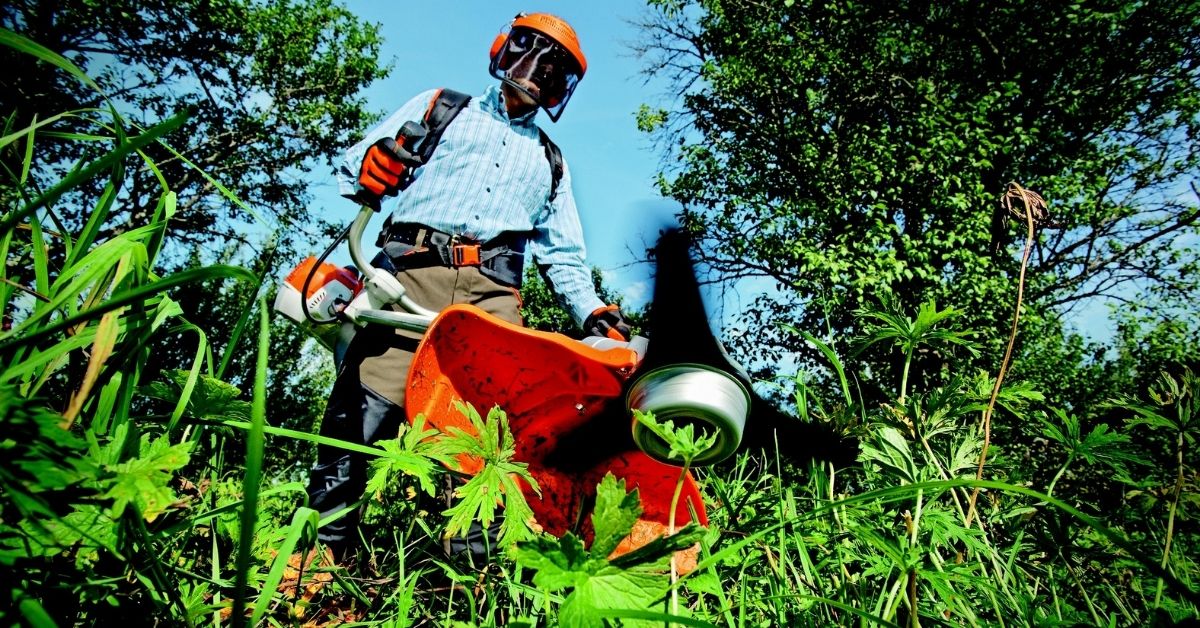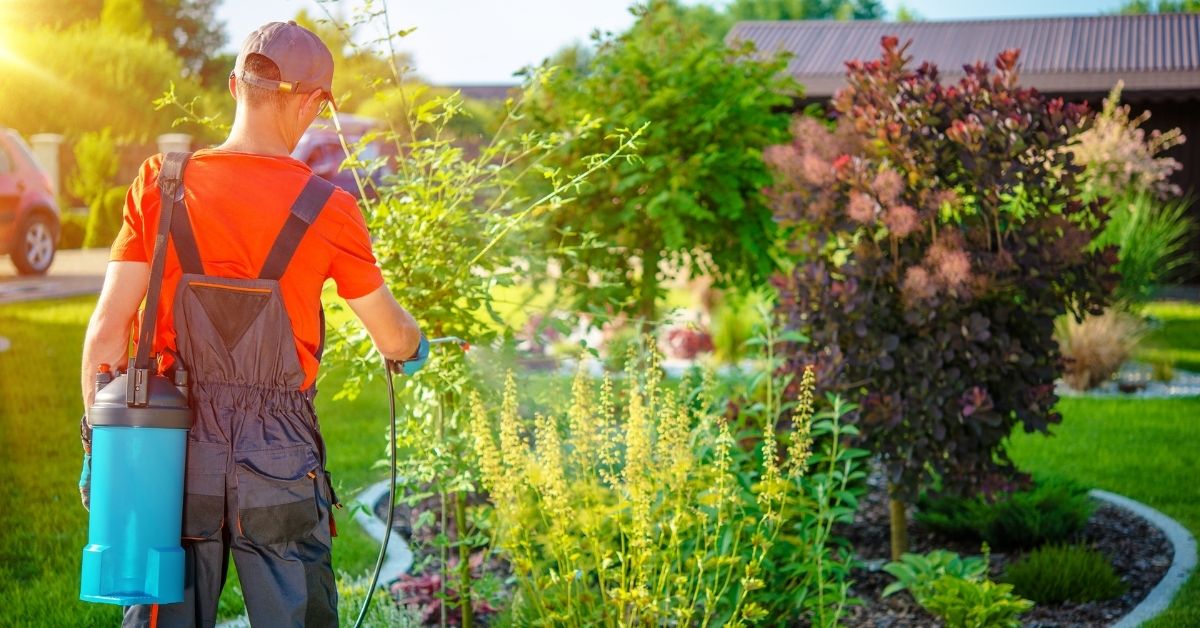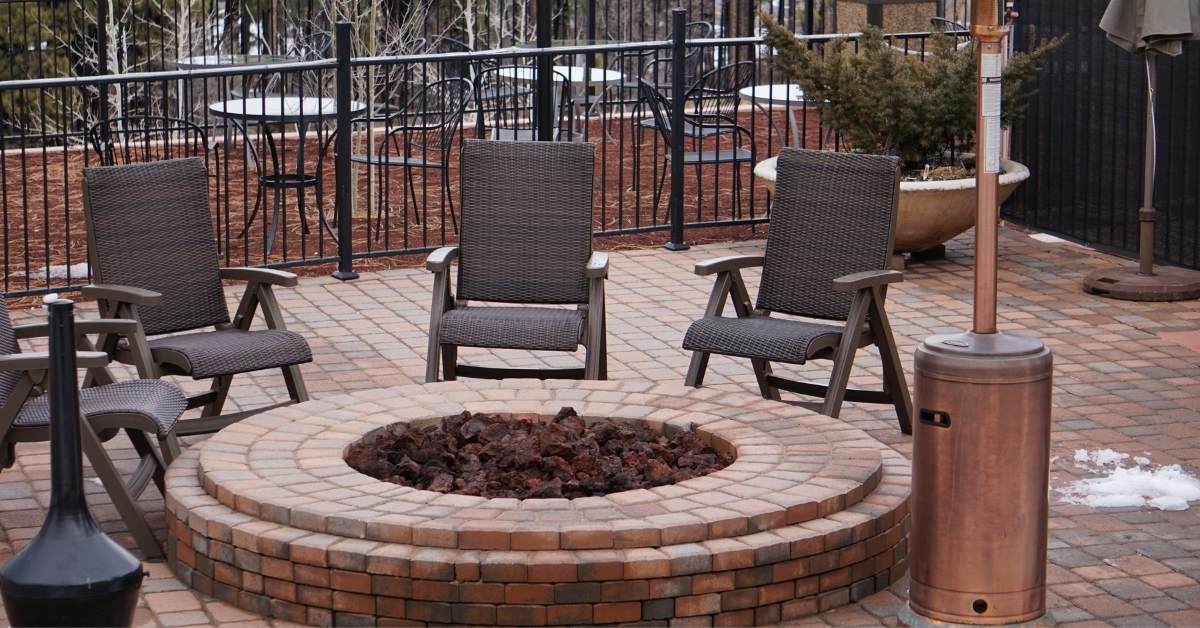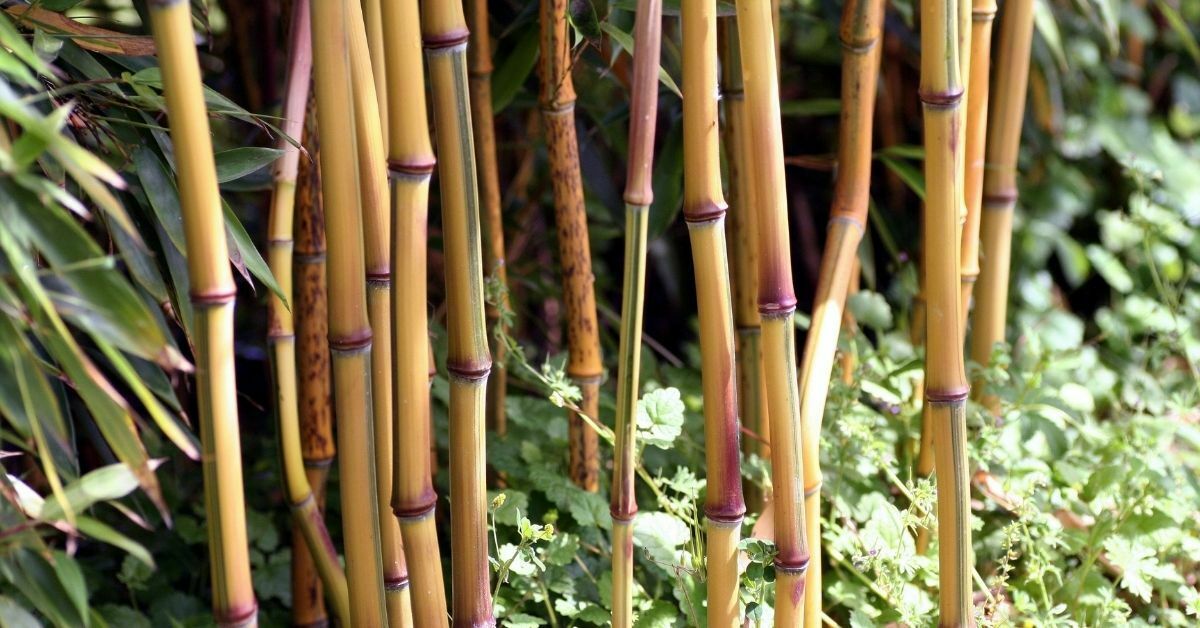If you’ve ever heard people refer to others as having a “green thumb,” you may think there’s something magical to becoming a gardener. The truth is anyone can become a gardener with a bit of effort and the willingness to fail once in a while (and learn from it).
Even the world’s top horticulturalists have had to endure some trial and error to reach the pinnacle of gardening achievement, but that process can be part of the fun of gardening.
Here are some tips for teaching you how to become a gardener, whether a home hobbyist or a pro, with the key being, that the route there should always be enjoyable.

Figure Out What Type of Gardener You Want to Be
You may change your mind once you start gardening and decide you want to do much more than you initially planned. Conversely, you may get a dose of the labor involved in, say, growing a massive plot of vegetables and scaling back your designs. However, you have to start somewhere.
Think about the type of plants you enjoy, your lifestyle, the kind of home you have, and your ability to procure gardening supplies (are there any resources in the area, do you have a car or truck, etc.). Some questions you might ask yourself include:
- Would you like to grow your own food?
- Do you have spare time to research things like how to keep thrips off roses or how to have an organic garden?
- Do you have time to tend a garden every day, or just a few minutes every evening and a couple of hours on the weekend?
- What is the water supply like in your area?
- Are you drawn to exotic hothouse flowers, like orchids?
- Would you just like a bit of countertop herb garden?
- Do you like gardening but hate the mess?
- Do you have a lot of space in your yard, or do you have no yard at all?
If flowers aren’t your thing, but the quality and safety of your food is a big deal, perhaps you’d like to have your own plot of fruits and vegetables. If you don’t have a lot of spare time for regular research or garden maintenance, maybe a small container garden on your deck or terrace would be best. You might also enjoy gardening with wildflowers or native perennials that require less constant care.
For people who find water in short supply, landscaping with cactus and other succulents can be an excellent alternative to more thirsty plants. Perhaps you have no yard or rent a home where you don’t want to invest much in improving the soil; vertical gardening or hydroponics might be just the thing for you.

Do Some Research
Once you’ve answered a few basic questions like those above, it’s time to do a little research. Take the information you gleaned from your introspection and evaluation of your living situation and head to your computer, library, bookstore, or local garden center.
Give yourself an afternoon to further investigate the type of garden you think you’d like to have. Take a look at the following considerations:
- need to use or refusal to use pesticides,
- quality of soil in your environment,
- area of space to be planted,
- budget,
- base knowledge about the plants you want to grow,
- availability of garden supplies and plants,
- how-to knowledge and ability, plus tools to build things like irrigation systems or raised beds.
If you’re a total neophyte, read up on some basics of how plants work, the difference between annuals and perennials, how bulbs grow, what kind of trees do well in your climate, etc., so you get a better idea of what you will need to make your gardening visions come alive.
Become familiar with the rudimentary elements of garden care, such as improving the soil/fertilizing, watering, light requirements, seed starting, transplanting, and dealing with pests. That way, you won’t underestimate the amount of work entailed in building and maintaining your garden.
If you need more information, you can always ask your neighbors who have thriving gardens, your local university agriculture extension program, or any gardening clubs or membership organizations in your area. If you become a regular gardener, this won’t be the last time you go through this, so it will help you figure out valuable resources for future endeavors.
Be an Observer in Touch with Nature
You can do all the research globally, but sometimes the best gardening information comes from being observant when you spend time outdoors. Both farmers and hobby gardeners in the past were much more in touch with the land than people tend to be today.
Before you even plant a seed or stick your spade in the soil, take some time to watch your yard for daily and seasonal changes that can have a significant impact on your garden. When, for example, does the sun hit the area you’re thinking of using for growing tomatoes (tomatoes like a lot of light and warmth)? Does the amount of sun that area receives change once trees are fully leafed out in the summer?
What kind of insects do you have in your yard? Are they likely to be a problem with the species of plants you want to grow, or might they be beneficial predators on other pests, the way ladybugs and lacewings are? Do you have squirrels that could dig up newly planted bulbs or deer that will decimate your shrubs? Will the raccoons eat your corn before you get to it?
Do you see hummingbirds in your neighbor’s yard that you would like to attract with trumpet vine or delphinium? When it rains, how does the water flow? Does it pool in certain spots? That might not be an ideal location for your sunflowers, but great for hydrangeas.
A successful gardener has a big picture of their yard year-round, so they know how all the little parts function within it. It can save you a lot of headaches down the road, and it’s enjoyable as well. You may observe things you’ve never seen before that wind up thrilling or fascinating you. Try to spend time in your yard when you’re generally not there, such as at sunrise and dusk, for a whole new perspective on your property.
Try Your Hand and See What Happens
Now it’s time to try your hand at gardening to see what you can accomplish, whether that’s a small vertical garden on your terrace or a sizable plot of vegetables and berries. Make a list of everything you need for your project, knowing that you can rent extensive garden tools that you only use sporadically, like tillers, chipper shredders, and leaf blowers.
Basic supplies include:
- Garden spade,
- trowel,
- rake,
- hoe,
- watering can,
- garden hose,
- wheelbarrow,
- small anvil pruner,
- large shears,
- garden fork,
- cultivator,
- lopper and/or pruning saw,
- garden gloves (heavy duty and light duty),
- knee pad,
- garden waste disposal and/or compost bin.
Depending on your specific projects, don’t forget to add items like construction supplies, potting soil, manure, stakes, pots, protective wire, edging, etc. You may find you need different supplies along the way, so having a local garden store or quick online ordering is very helpful.
While shopping for your basic supplies, you may also discover other items to enhance your garden space, such as birdbaths and feeders, sundials, lanterns, and the like. Don’t forget to think about where you will store your garden gear safely from the elements, whether that’s a dedicated garden shed (available at home supply stores) or a corner of your garage or mudroom.
Replicate What Worked and Change What Didn’t
One thing many top gardeners have in common is they keep a journal of their projects, and you should consider doing the same. You can purchase special gardening journals at many nurseries, or you can find one at a book or stationery store.
Keep track of when you planted different species in your journal and whether it was too early, too late, or just the right time. Record things like snowfalls, frosts, and heatwaves. You can also make notes about watering schedules, fertilizers, and blooming times.
Draw diagrams of where certain plants are located so you don’t accidentally dig them up next spring. Your journal will save you from reinventing the wheel in years to come and make you ponder any changes you need to make.
Good gardeners don’t think of mistakes as failures, per se; they see them as opportunities, much like a seasoned athlete learns from lost games. If you discover you don’t have as much time as you thought for weeding and watering, maybe next year you want to use more mulch and a drip irrigation system.
If your hostas don’t thrive in the front yard because of too much sun, perhaps you want to transplant them to the back yard where it’s shadier.
If you had great success with certain species, by all means, plant them again next year (you’ll have written their names from the nursery tags in your journal), or divide them and create more plants. You may also want to swap your best keepers with a neighbor who has plants that do well in a similar environment.
Trading plants and attending plant sales is one of the great joys of experienced gardeners.

Go as Far as You Want in the World of Gardening
If you truly enjoy gardening, there’s no reason you have to keep it a hobby only. There are many professional opportunities for gardeners, such as:
- the garden center or nursery employee,
- hothouse assistant or manager,
- florist shop owner,
- docent at area botanical gardens,
- horticulturalists,
- landscaper or landscape architect,
- gardening author or photographer,
The education required for these jobs depends on your level of aspiration. Working as a landscape architect generally requires a college degree in that area, including an internship. However, working at a garden shop or volunteering at the botanical gardens usually only means you need to have a love of plants and some personal experience under your belt.
You might want to watch this valuable story on how do you become a gardener
How Do You Become A Gardener with a master gardener certification?
One interim level of education many garden enthusiasts may want to pursue is the Master Gardener Certification. This credential is typically available through university extension programs in the US and Canada. After completing intensive home training, you can become an area expert and use your knowledge in both higher-paying jobs and coveted volunteer positions.
Whatever level of gardening expertise you wish to achieve, you can do it with some advanced planning and willpower. A year or two from now, you could be enrolled in a degree program, giving garden tours as a Master Gardener or showing off the fruits of your labor at your next dinner party.

